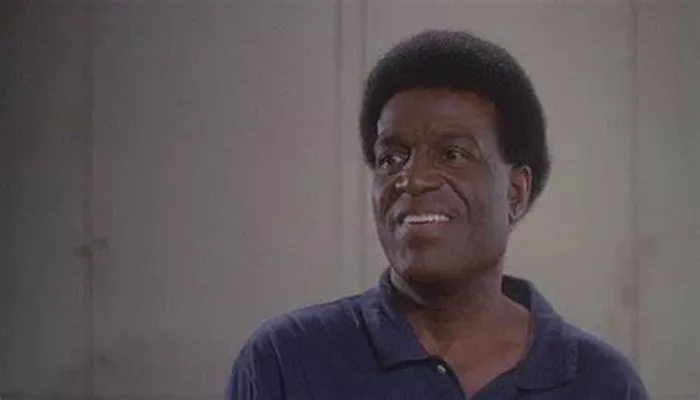Nipsey Russell, born Julius Russell on September 15, 1918, in Atlanta, Georgia, is widely recognized for his work as a comedian and actor. However, his unique contribution to American poetry, particularly through his humorous and succinct verses, has earned him the moniker “the poet laureate of television” . This article explores Russell’s poetic style, his impact on American poetry, and how his work compares to other prominent 20th-century American poets.
Early Life and Career
Nipsey Russell‘s early life in Atlanta laid the foundation for his later work in entertainment and poetry. He served as a medic in the U.S. Army during World War II before pursuing a career in comedy. His quick wit and engaging personality led to numerous appearances on television game shows such as “Match Game,” “Password,” and “Hollywood Squares,” where he became known for his spontaneous poetic quips.
Poetic Style and Themes
Russell’s poetry is characterized by its brevity, humor, and accessibility. Often delivered in the form of short rhymed couplets, his verses touched on everyday life, social observations, and human behavior. For example, in his poem “What If,” he muses:
“What if flowers were people, and people were flowers?
Imagine the gardener, watering you for hours.
This playful approach made his poetry relatable to a broad audience, distinguishing him from many contemporaries who often employed more complex or abstract styles
Comparison with Contemporaries
While Russell’s work was rooted in humor and brevity, other 20th-century American poets explored different themes and styles:
Langston Hughes (1901–1967): A leading figure of the Harlem Renaissance, Hughes’s poetry delved into the African American experience, often incorporating jazz rhythms and dialects. His works like “The Negro Speaks of Rivers” and “I, Too, Sing America” addressed racial identity and social justice.
Robert Hayden (1913–1980): Known for his formal style and historical themes, Hayden’s poems such as “Those Winter Sundays” and “Middle Passage” explored personal and collective histories, emphasizing the African American experience.
John Ashbery (1927–2017): A central figure in postmodern American poetry, Ashbery’s work is noted for its complexity and abstract imagery. His collection “Self-Portrait in a Convex Mirror” won the Pulitzer Prize and is celebrated for its introspective and experimental nature.
In contrast, Russell’s poetry stood out for its simplicity and humor, making poetry accessible to audiences who might not engage with more traditional or complex poetic forms.
Impact on American Poetry
Russell’s integration of poetry into mainstream entertainment helped popularize the art form. By delivering poems on television, he brought poetry into the homes of millions, demonstrating that poetry could be both entertaining and thought-provoking. His work challenged the notion that poetry was solely the domain of academia or literary circles, instead presenting it as a medium for humor and everyday reflection.
Legacy
Nipsey Russell passed away on October 2, 2005, but his influence on American poetry and entertainment endures. He remains a unique figure who bridged the gap between comedy and poetry, leaving a legacy that continues to inspire performers and poets alike.
Conclusion
Nipsey Russell’s contribution to 20th-century American poetry is marked by his ability to infuse humor and brevity into verse, making poetry approachable and enjoyable for a wide audience. While differing in style and theme from contemporaries like Hughes, Hayden, and Ashbery, Russell’s work occupies a distinctive place in American poetry, highlighting the genre’s versatility and capacity to engage diverse audiences.

